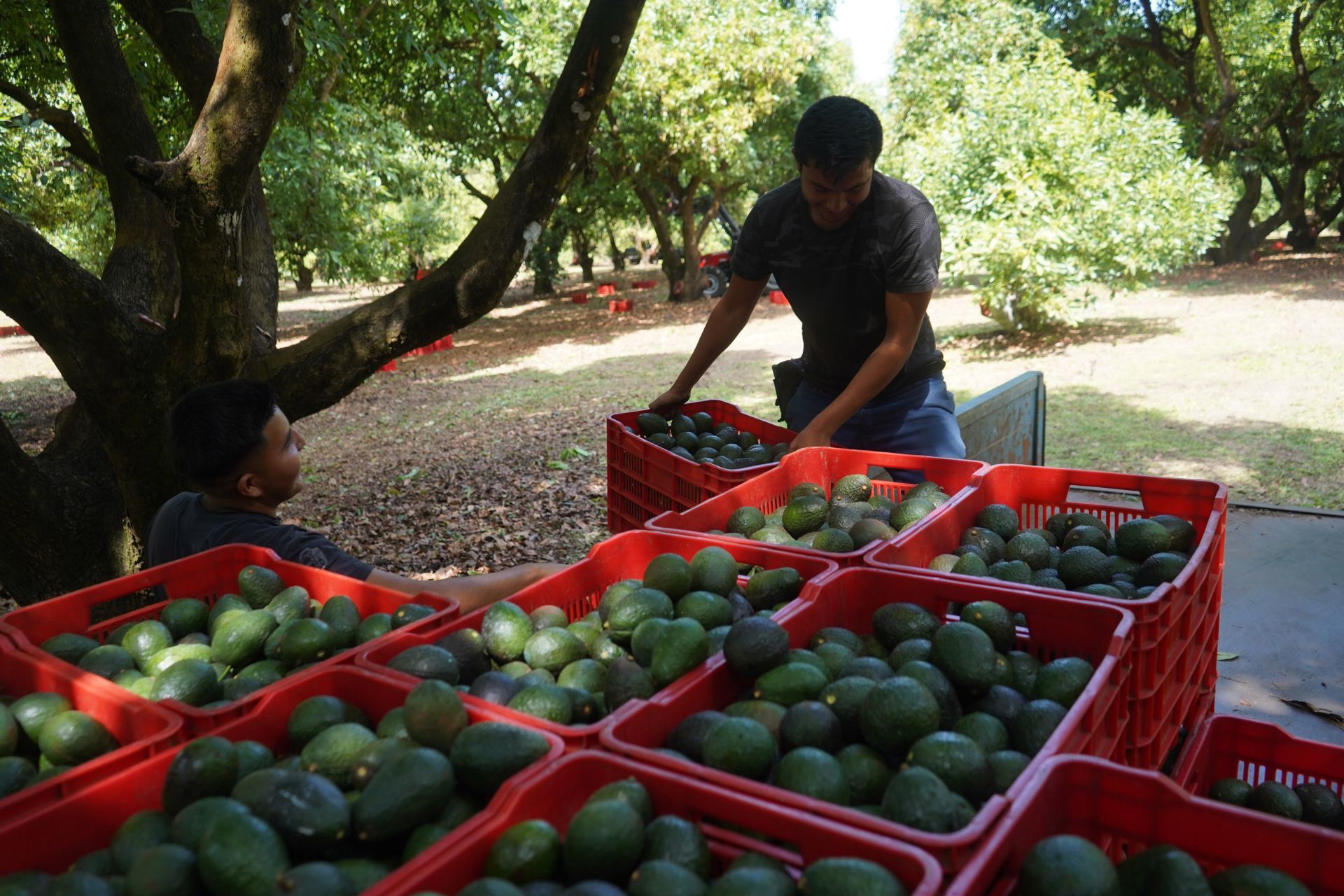
The case of Mexican avocados and the United States-Mexico-Canada Agreement (USMCA) is a fine reflector of the challenges that the brand-new trade deal must overcome to fully harness its potential. The recent U.S. temporary ban and subsequent resumption on Mexican avocado exports -citing a threat on an U.S. Animal and Plant Health Inspection Service (APHIS) inspector in the state of Michoacán- offers a vignette of the absence of rule of law in Mexico, the use of non-tariff barriers to restrict trade, and the contradictions of U.S. trade policy.
In his most recent book, Clashing over Commerce: A History of U.S. Trade Policy, economist Douglas Irvin makes an essential contribution to trade literature by arguing that U.S. trade policy has always and everywhere followed three contradictory core objectives that the Dartmouth professor summarizes with the three Rs framework: revenue, restriction, and reciprocity. More specifically, the three Rs in U.S trade policy refer to: raising revenue for the U.S. government, restricting imports to protect domestic producers, and pursuing reciprocity through trade liberalization. While tariff revenue is no longer the major source of income for the U.S. government (as it was the case during most of the 19th century), restriction and reciprocity remain the two -contradictory- drivers of U.S. trade policy.
Michoacán avocado exports currently account for about 80% of U.S. consumption and represent US $2.4 billion in annual exports for Mexico. Meanwhile, California has a share of 15% of the U.S. avocado market and other countries account for the rest. While is widely expected that the Mexican state of Jalisco will soon join, the U.S. limits avocado imports from Mexico to those grown in Michoacán due to a phytosanitary considerations arguing the risk of plagues. This represents de facto a non-tariff barrier that restricts agricultural trade between the two countries at the expense of reciprocity.
While Mexico’s lack rule of law triggered the most recent clash over avocados, the story is more complex and goes beyond the cited threat. Until 1997 Mexican avocado exports were banned from the entire U.S. market. By 2004 Mexican avocado exports to the U.S. were restricted to 47 states and by 2007 the U.S. granted full market access exclusively to Michoacán-grown avocados. Ever since, Mexico and the U.S. have had a program to certify avocados from Michoacán where inspectors from the United States Department of Agriculture (USDA) validate the safety and traceability of the product.
There are, however, other avocado producing states, such as the State of Mexico, Nayarit and Morelos, that still face the export restriction to the U.S. market, their most logical export destination. If there was a will, the risk of plagues in avocados from other Mexican states could be handled in the same, successful, way as in Michoacán. We could say that there is a clash between trade reciprocity and restriction.
Added to this, is Mexican disregard for rule of law. This challenge spans from arbitrary policy changes -like the proposed electricity sector reform- to the issue of effective policing and public security in several Mexican states. Without a predictable environment and legal certainty there can be no successful trade agreement. The clash over Mexican avocados entails Mexico’s lack of rule of law, as well as the U.S.’s protectionist temptation.
Hence, what economist Luis de la Calle calls the Mexican economy of extortion -the exact opposite of respect for the rights of others- and the U.S.’s allure for protectionism are perhaps the main threats to the full implementation of the brand-new trade deal. Nonetheless, using non-tariff barriers such as sanitary and phytosanitary measures to restrict trade between the North American allies does a disservice to further and deeper regional economic integration.
Ultimately, the best metric to evaluate the success or failure of the USMCA is the willingness of its parties to live up to the spirit and letter of its commitments. Using Irwin’s framework, reciprocity will always be a more desirable objective than restriction.
Publicado en Mexico Today.
28-02-2022
